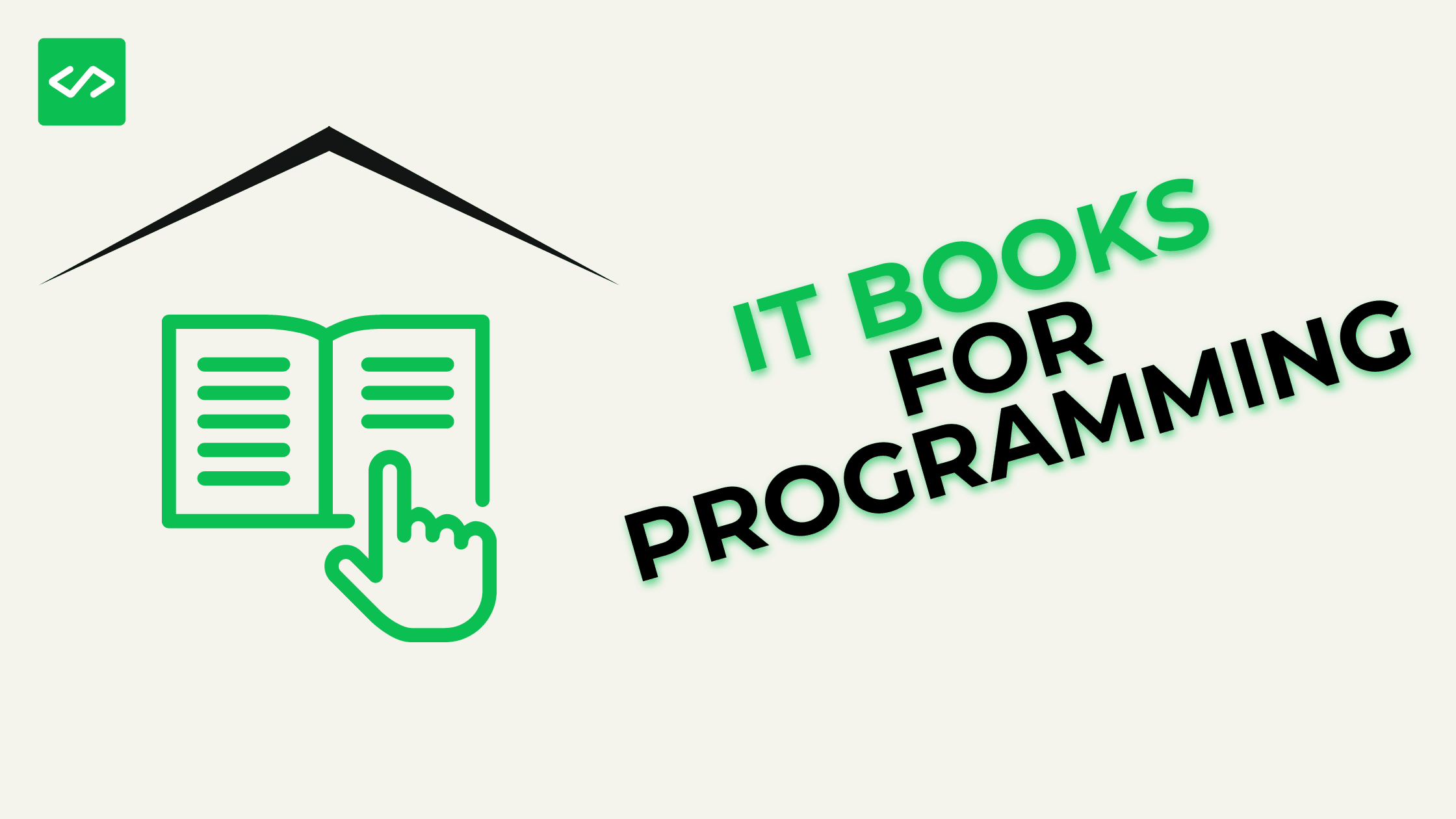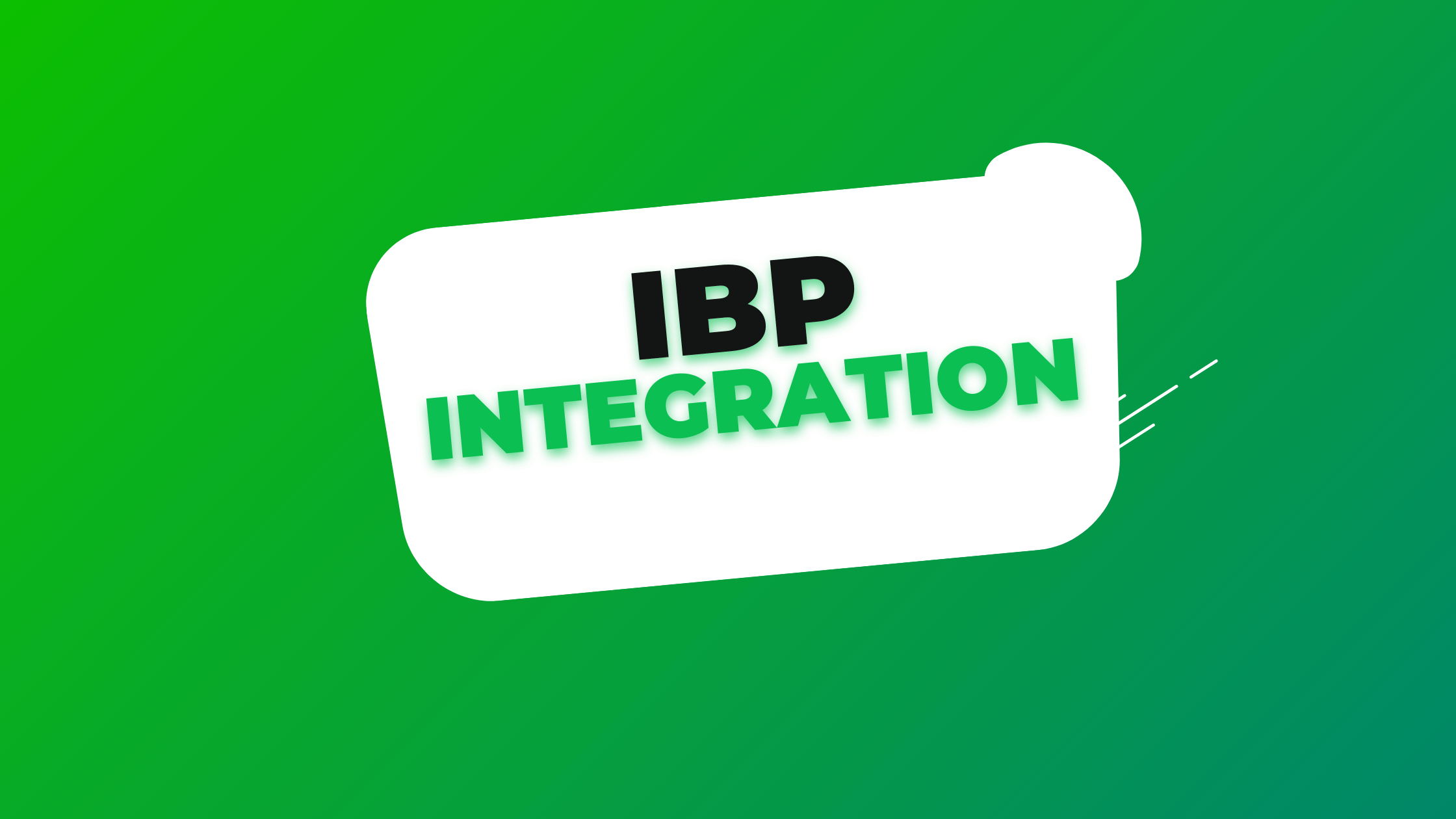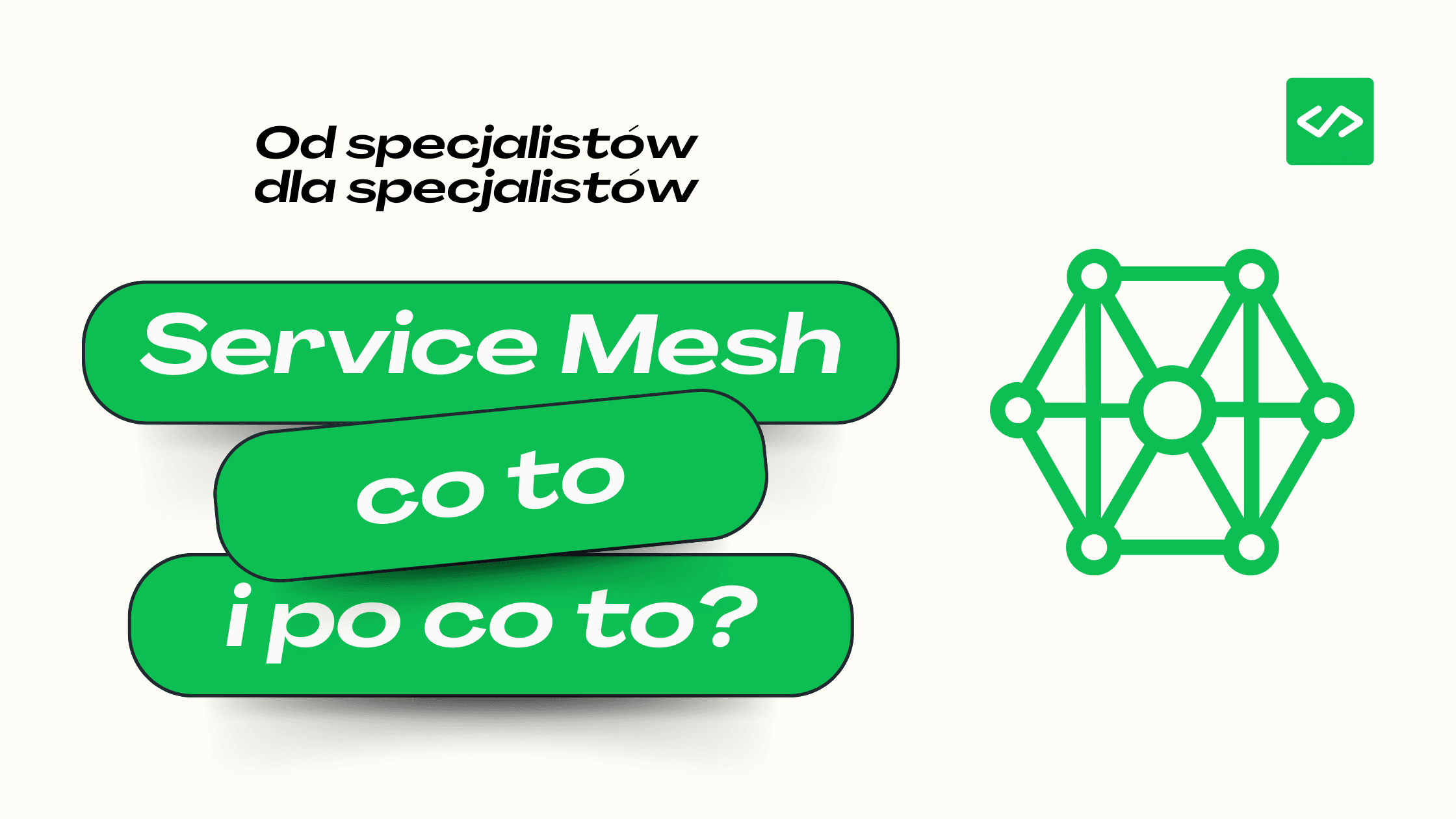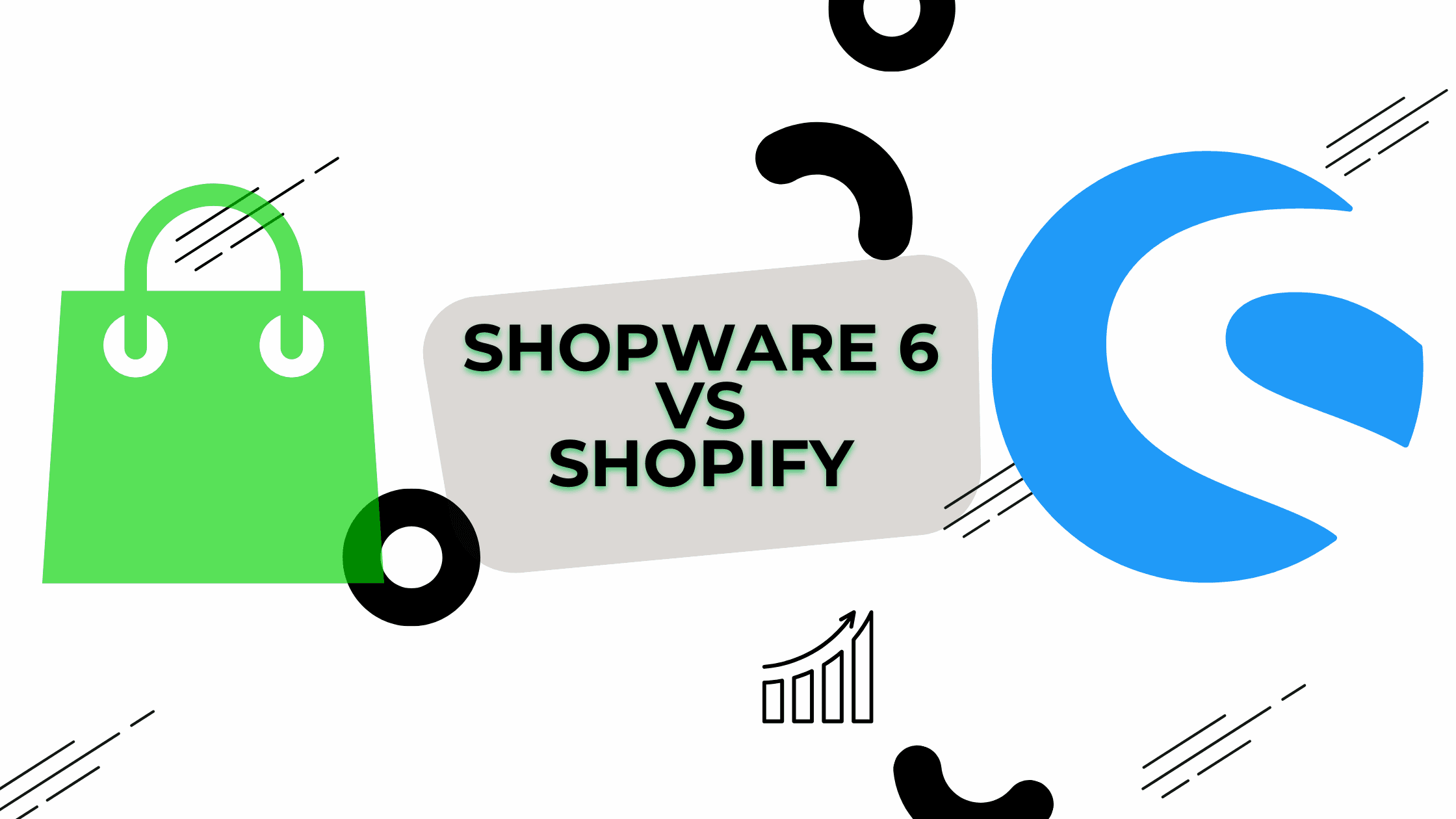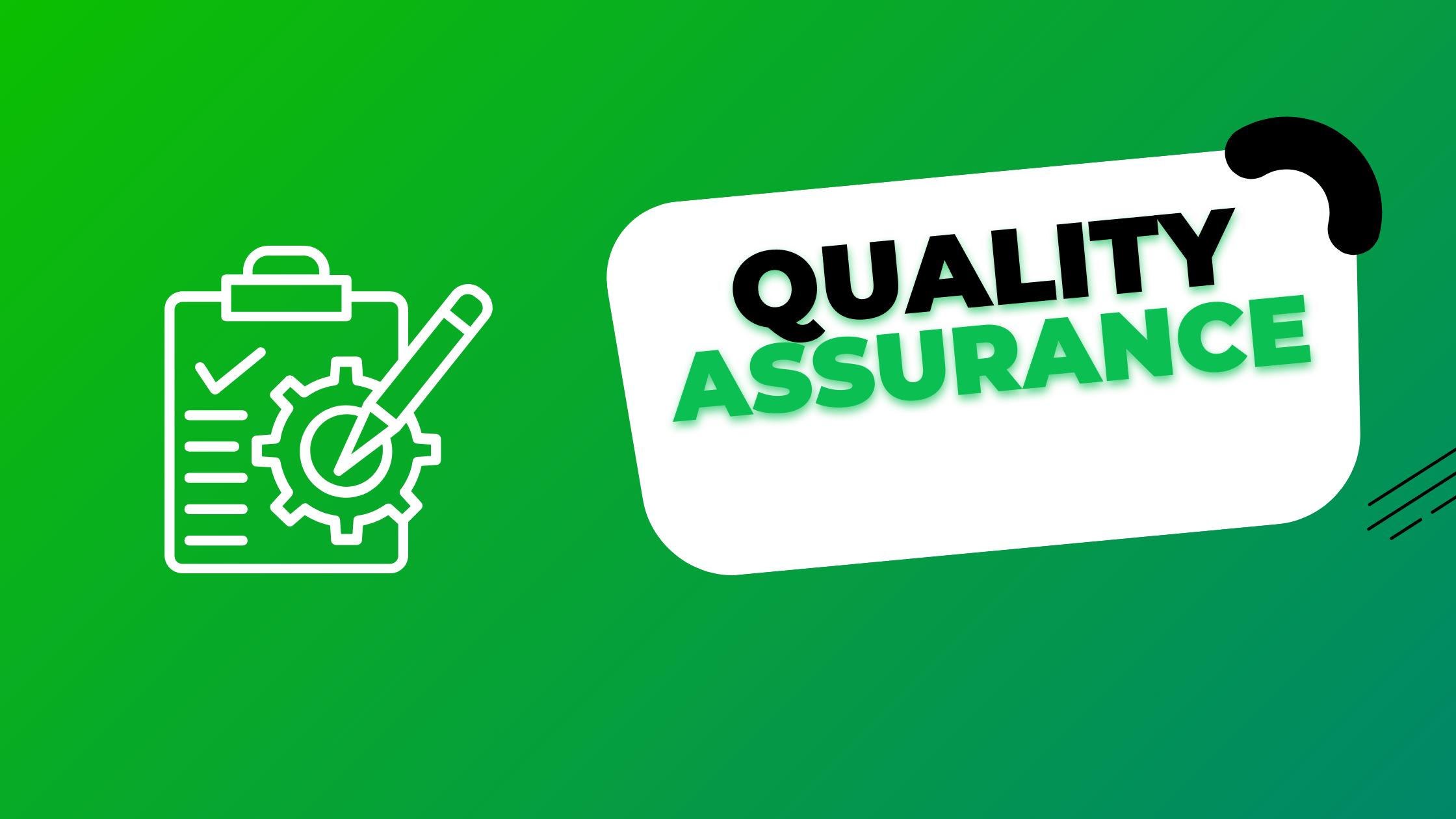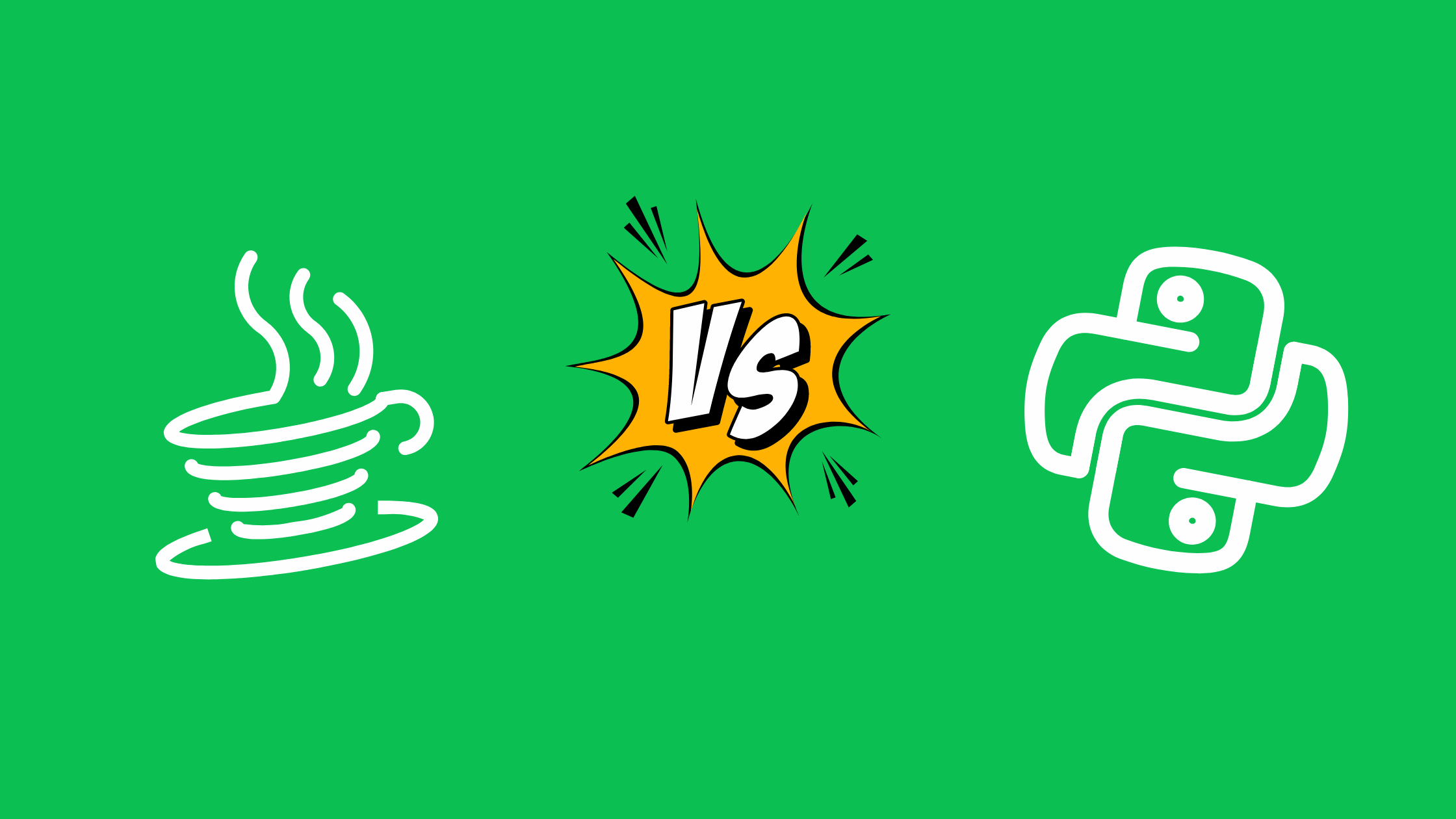Recommended Programming Books in 2024: Must Read for Every Programmer
As we dive into 2024, the world of programming continues to evolve at a rapid pace. Whether you’re a seasoned coder or just starting your journey in computer programming, staying updated with the latest knowledge and best practices is crucial. To help you navigate this ever-changing landscape, we’ve compiled a list of must-read programming books for 2024. These books cover a wide range of topics, from foundational concepts to cutting-edge techniques, ensuring that every programmer can find something valuable.
Why Reading Programming Books is Important
Before we dive into our recommendations, let’s briefly discuss why reading programming books is essential, even in an age of online tutorials and video courses:
- In-depth Knowledge: Books often provide more comprehensive coverage of topics than online resources.
- Structured Learning: Books offer a structured approach to learning, which can be especially beneficial for complex subjects.
- Timeless Principles: While technologies change, many programming principles remain constant. Books often focus on these enduring concepts.
- Different Perspectives: Reading books exposes you to different approaches and philosophies in programming.
Now, let’s explore our top recommendations for programming books in 2024.
Top 5 Programming Books for 2024
1. “Clean Code: A Handbook of Agile Software Craftsmanship” by Robert C. Martin
Why It’s a Must-Read: “Clean Code” remains a cornerstone text for anyone looking to improve their coding skills. It focuses on the principles of writing clean, readable, and maintainable code – skills that are crucial in today’s fast-paced development environment.
Key Topics:
- Writing clean code
- Meaningful naming conventions
- Functions and class design
- Code formatting and structure
This book is particularly relevant for those working on complex web applications, where clean, maintainable code is crucial for long-term success.
2. “The Pragmatic Programmer: Your Journey to Mastery” by Andrew Hunt and David Thomas
Why It’s a Must-Read: This book offers timeless advice on improving as a programmer. The 20th-anniversary edition, updated for 2024, includes insights on modern programming practices.
Key Topics:
- Problem-solving techniques
- Best practices in software design
- Career development for programmers
- Adapting to changing technologies
3. “Designing Data-Intensive Applications” by Martin Kleppmann
Why It’s a Must-Read: As data continues to play a crucial role in software development, understanding how to design data-intensive applications is more important than ever.
Key Topics:
- Fundamentals of data systems
- Scalability and maintainability
- Data processing and analytics
- Distributed systems design
This book is particularly relevant for programmers working in fields like e-commerce, where understanding market trendsis crucial for building effective applications.
4. “Refactoring: Improving the Design of Existing Code” by Martin Fowler
Why It’s a Must-Read: Refactoring is a critical skill for maintaining and improving existing codebases. This book provides practical examples and techniques for effective refactoring.
Key Topics:
- Identifying code smells
- Refactoring techniques
- Improving code structure
- Testing during refactoring
5. “Grokking Algorithms” by Aditya Bhargava
Why It’s a Must-Read: Understanding algorithms is fundamental to computer science. This book makes complex algorithmic concepts accessible through clear explanations and illustrations.
Key Topics:
- Basic to advanced algorithms
- Big O notation
- Data structures
- Problem-solving techniques
Additional Recommended Books
While the above five books are our top recommendations, there are several other excellent programming books worth mentioning:
- “Code Complete” by Steve McConnell
- “The Mythical Man-Month” by Frederick P. Brooks Jr.
- “Introduction to Algorithms” by Thomas H. Cormen et al.
- “Design Patterns: Elements of Reusable Object-Oriented Software” by Erich Gamma et al.
- “Clean Architecture: A Craftsman’s Guide to Software Structure and Design” by Robert C. Martin
Books for Specific Programming Languages
While many programming principles are language-agnostic, it’s also valuable to dive deep into specific languages. Here are some recommendations for popular languages:
- Python: “Fluent Python” by Luciano Ramalho
- JavaScript: “You Don’t Know JS” series by Kyle Simpson
- Java: “Effective Java” by Joshua Bloch
- C++: “A Tour of C++” by Bjarne Stroustrup
- Rust: “The Rust Programming Language” by Steve Klabnik and Carol Nichols
Books on Software Development Processes
Understanding the broader context of software development is crucial for every programmer. These books offer insights into software development processes and methodologies:
- “Agile Software Development: Principles, Patterns, and Practices” by Robert C. Martin
- “The Phoenix Project” by Gene Kim, Kevin Behr, and George Spafford
- “Accelerate: The Science of Lean Software and DevOps” by Nicole Forsgren PhD, Jez Humble, and Gene Kim
The Importance of Soft Skills in Programming
While technical skills are crucial, soft skills are equally important in the programming world. Here are some books that focus on the non-technical aspects of being a successful programmer:
- “Soft Skills: The Software Developer’s Life Manual” by John Sonmez
- “The Effective Engineer” by Edmond Lau
- “The Developer’s Guide to Content Creation” by Stephanie Morillo
These books cover topics like communication, career development, and personal branding – skills that are increasingly important in the tech industry.
How to Make the Most of Your Programming Books
Reading programming books is an investment in your career. Here are some tips to maximize your learning:
- Practice While You Read: Don’t just read passively. Try out the concepts and code examples as you go.
- Take Notes: Summarize key points and write down your thoughts and questions.
- Join a Book Club: Discussing the book with others can provide new insights and perspectives.
- Apply the Concepts: Look for opportunities to apply what you’ve learned in your current projects.
- Revisit and Review: Don’t hesitate to reread sections or entire books as your experience grows.
The Role of Online Resources
While books provide in-depth knowledge, online resources can complement your learning. Websites, forums, and online courses can offer up-to-date information and community support. For instance, understanding netiquette is crucial for effective communication in online programming communities.
Conclusion: Continuous Learning in Programming
The field of programming is constantly evolving, and staying updated is key to success. The books recommended in this list cover a wide range of topics, from coding practices and algorithms to software design and development processes. By reading these books, you’ll gain valuable insights that can help you become a better programmer and advance your career.
Remember, the goal isn’t to read every book on this list, but to choose the ones that align with your current needs and career goals. Whether you’re looking to improve your coding skills, understand complex algorithms, or gain insights into software architecture, there’s a book here for you.
As we navigate the technological landscape of 2024, let these books be your guides to becoming a more skilled, efficient, and thoughtful programmer. Happy reading and coding!
